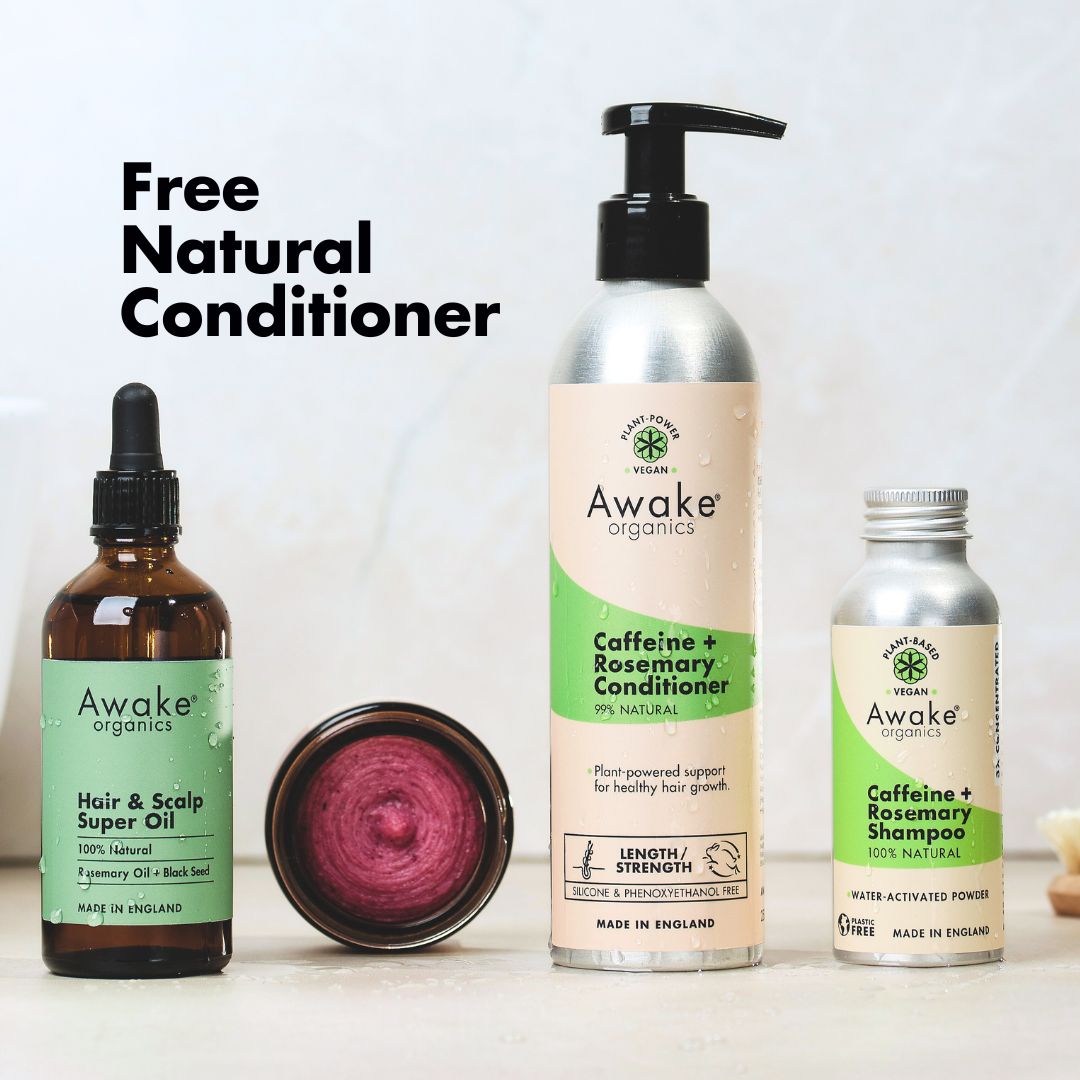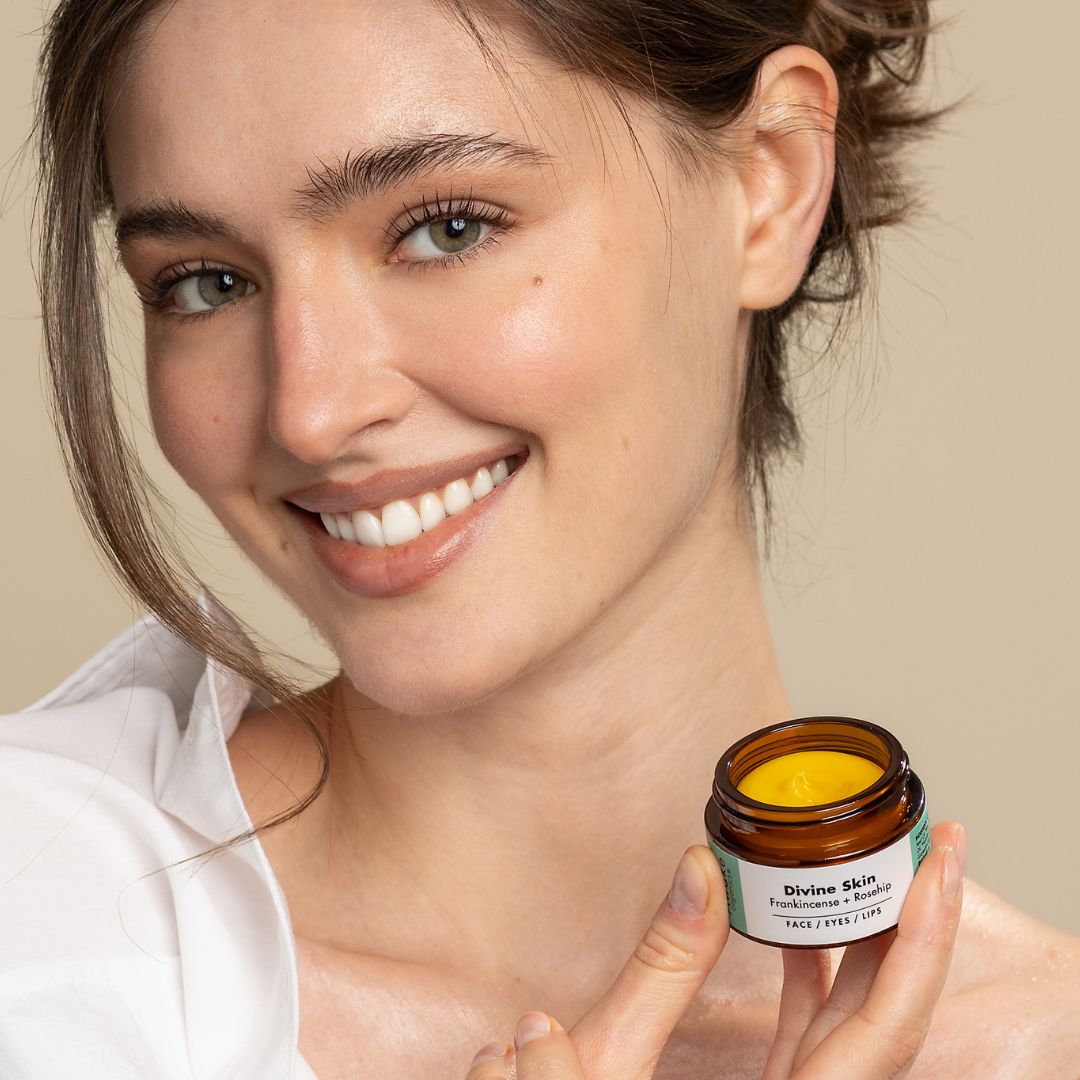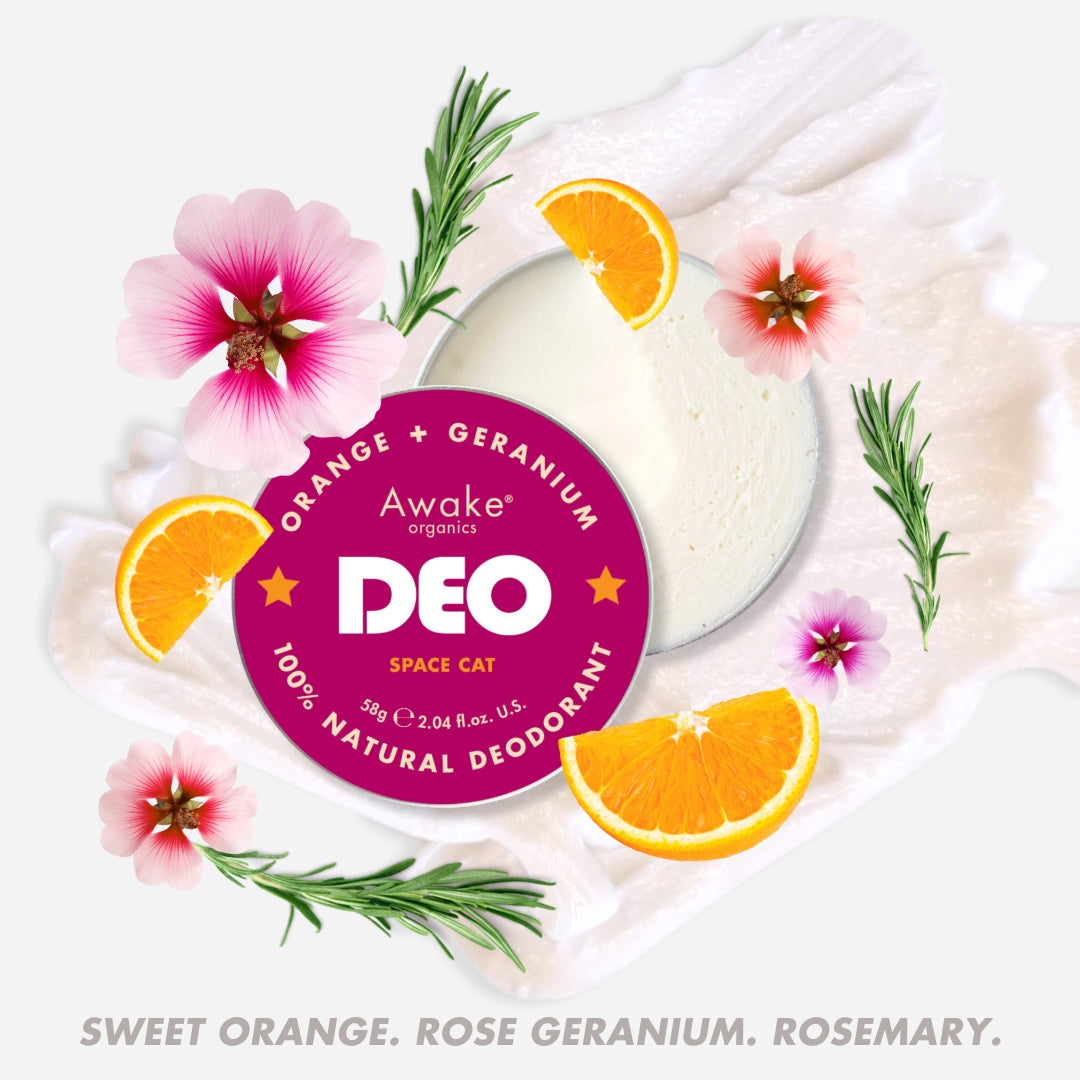 If you want to go zero waste, there are a few simple and impactful strategies that you can put in place today. Follow these seven tips to dramatically reduce your food and packaging waste in one week. Remember, going zero waste is not an "all or nothing" movement. Change becomes measurable when large numbers of people make practical lifestyle adjustments. Start your journey towards reducing waste and plastic use at home today!
If you want to go zero waste, there are a few simple and impactful strategies that you can put in place today. Follow these seven tips to dramatically reduce your food and packaging waste in one week. Remember, going zero waste is not an "all or nothing" movement. Change becomes measurable when large numbers of people make practical lifestyle adjustments. Start your journey towards reducing waste and plastic use at home today!
1. Don't Waste Your Food
Peel, chop and freeze overripe bananas. They are brilliant in smoothies and can be thawed for baking. Use overripe avocados to make a luxurious face/hair mask. Just mash them up as much as possible (or use a stick blender), add some honey and a squeeze of lemon juice if you want to. For a major hydration boost, slather the mask all over your face and hair, and rinse/shampoo off. Most dairy is still good after the expiry date, especially yoghurt. If in doubt, smell it. As long as you don't recoil, it's probably fine. If you're not going to have a chance to cook veg that is sitting in your fridge, put it in the freezer. Just wash and dry it first, so it's ready to go once thawed. You can also store bread, butter and hard cheese in the freezer.
2. Make Broth From Scraps
When you're chopping up veg for dinner, save your scraps for broth. Stocks from broccoli and leafy greens, ends of herbs, beans, carrots, etc., can all be frozen until you're ready to use them. If you roast a whole chicken (or anything with bones), save the carcass and freeze that too. When you're ready, chuck all the frozen scraps into a large stock pot. Add more onions (with skin on), carrots, garlic, and anything in the fridge that needs to be used up. The more you add, the more flavour you will have. If you use bones in your broth, add a splash of apple cider vinegar to help leach out the minerals. Add some turmeric, black pepper and a few Bay leaves. Top with boiling water and simmer on very low with the lid on. If you're doing a veg broth, simmer until all the veg are soft. If you're using bones, simmer as long as possible. Strain the liquid, add salt to taste, and enjoy your nourishing broth on it's own or use it in other dishes. If you made more than you need, pop it in the freezer or give some to your mum. Compost your scraps.
3. Start Composting
Food can't break down in landfills because air can't circulate properly to let natural things decompose. In the UK we are very fortunate to have a municipal composting service that is collected from our doorstep every week. Before my family moved here, we didn't compost because we didn't have space to set up a backyard compost and I wasn't sure how a compost would work in the winter. Since moving and composting our food waste every week, I've found that around 70% of everything we used to throw away is now composted.
4. Take Care of Your Toothbrush
Dentists recommend changing your toothbrush every three months. Personally, I don't do that. My toothbrushes look like new for six months easily. This isn't the case for my husband or my dad because I think they are pressing harder on the bristles. To extend the life of your toothbrush, don't press so hard (this is better for you gums too). Also, every month collect all the toothbrushes in the house and put them in a ceramic mug, bristles down. Add ten drops of tea tree essential oil, one teaspoon of baking soda, and then pour in some boiling water. Give the brushes a swirl and let them sit for 2 minutes before removing, rinsing and letting stand to air-dry. This will clean the bristles, helping them last longer and kill unwanted bacteria. You can also choose a bamboo toothbrush, although the bristles will still be plastic.
5. Look For Loose Produce
Before moving the UK, I had never seen moulded plastic packaging on fruit and veg. In Canada most of the produce is displayed loose. Whenever possible, choose loose produce and take your own reusable sac for apples, potatoes, carrots, etc. Or, just take them loose.
6. Reuse Glass Jars
Pack lunches with glass jam jars. You can fit salads, yoghurts, dry snacks, etc. in them without any trouble. Also, you know how plastic turns orange if you put spaghetti sauce in it? Well, that happens because the sauce is leaching into the plastic and vice versa. Another plus for glass; you can microwave your leftovers for lunch and eat straight from the jar.
7. Shop Plastic Free
This one requires no explanation. Basically, try to save your plastic purchases for essential items that wouldn't be available to you otherwise.



